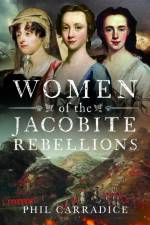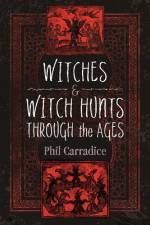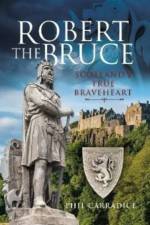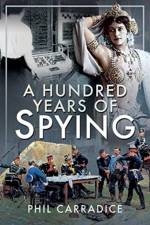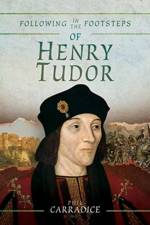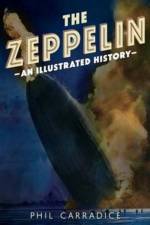av Phil Carradice
291
Recounting the role of women in the Jacobite rebellions and how their courageous actions, sacrifices, and contributions shaped British history.The flight of King James II in November 1688 was a seminal moment in British history. The deposed Catholic King set up house and home in Paris, William and Mary succeeded to the throne of England and over fifty years of trouble, strife, war and execution began to consume England, Scotland and Ireland. The Jacobites - supporters of the dethroned Stuart dynasty - were adamant that James and his heirs should sit once more on the English throne. Invasion followed invasion, battle came after battle, culminating with the defeat of Charles Edward Stuart at Culloden in 1745.The story of those battles and invasions has often been told. However, they have invariably focussed on the male participants, from Scottish clansmen to men like Rob Roy and Bonnie Dundee, from the Old to the Young Pretender Bonnie Prince Charlie, the darling of the late Jacobite movement, they created a legend that still hovers over the period. But very little has ever been written about the women who were involved.Apart from figures of note like Flora MacDonald, the role of women in the rebellions and rising has been largely forgotten. Yet there were hundreds involved in the Jacobite cause. Women tended to wounded soldiers, gave safety and comfort to fleeing Jacobites, and sometimes led the riots and rebellions themselves. Many were imprisoned, many sent away from their homelands, deported to strange and distant lands.Others carried out daring escapes from prisons like The Tower of London and wrote poems and songs that are still read and sung today. Some, women like Jenny Cameron and Grizzel Mhor, became household names for a short while, forgotten now but resurrected here. There are many more, women like Anne Farquharson, Colonel Anne as she was known, who defeated 1500 redcoats with a team of five servants in an engagement called the Rout of Moy. They were - and remain - mostly unknown and forgotten. This book tells their stories.Phil Carradice's well-researched and easy, elegant style of writing brings these forgotten women back to life, giving them the rewards they so richly deserve.




